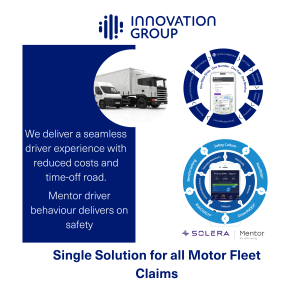Toyota’s bid to use hydrogen as a primary fuel source has ramped up with the announcement of two new fuel-cell concept vehicles.
The vehicles are set to demonstrate further possibilities within the fuel-cell market as manufacturers continue their quest to find alternatives to traditional combustion engines.
The Fine-Comfort Ride concept sedan envisages high performance motoring with a 310kW motor delivering a top speed of 220km/h, a 0-100km/h acceleration time of 5.4 seconds and a range of approximately 1,000km on a single fill.
The Sora concept bus is closer to a production version with Toyota planning to start sales next year and introduce more than 100 of these buses ahead of the Tokyo 2020 Olympic and Paralympic Games.
Fine-Comfort Ride

Toyota envisages the Fine-Comfort Ride operating in a low-carbon society with advanced use of hydrogen and renewable energy.
Its exterior design adopts a diamond-shaped cabin that narrows towards the rear, offering maximum space for occupants while achieving excellent aerodynamic performance.
The flexible layout is made possible by adopting an in-wheel motor, positioning the wheels at the very corners of the vehicle, and utilising a body underside cover for the ride stability and quietness expected in a premium car.
The fuel-cell stack is located at the front of the vehicle while the hydrogen tank is under the floor.
The Fine-Comfort Ride delivers quiet, smooth running and makes full use of the large amount of electricity provided by hydrogen as its energy source.
Sora

Toyota developed the Sora concept bus to make best use of the characteristics of the fuel-cell unit and to enhance the comfort of passengers travelling on bus routes.
Toyota’s fuel-cell system developed for the Mirai, has been adopted to deliver superior environmental performance with no CO2 emissions or substances of concern emitted when in operation.
The Sora uses two 114kW fuel-cell stacks and two 113kW, 335Nm electric motors with 10 high-pressure hydrogen tanks offering 600 litres of hydrogen capacity.
It is equipped with a high-capacity external power supply system, providing high maximum output of 9kW and 235 kWh supply.
This enables the bus to be used as an emergency power source. For example, it can power evacuation sites such as school gymnasiums and community centres for about five days with lights on for six hours per day (50 kWh per day).
For more details about the two fuel-cell concepts from Toyota, click here.











